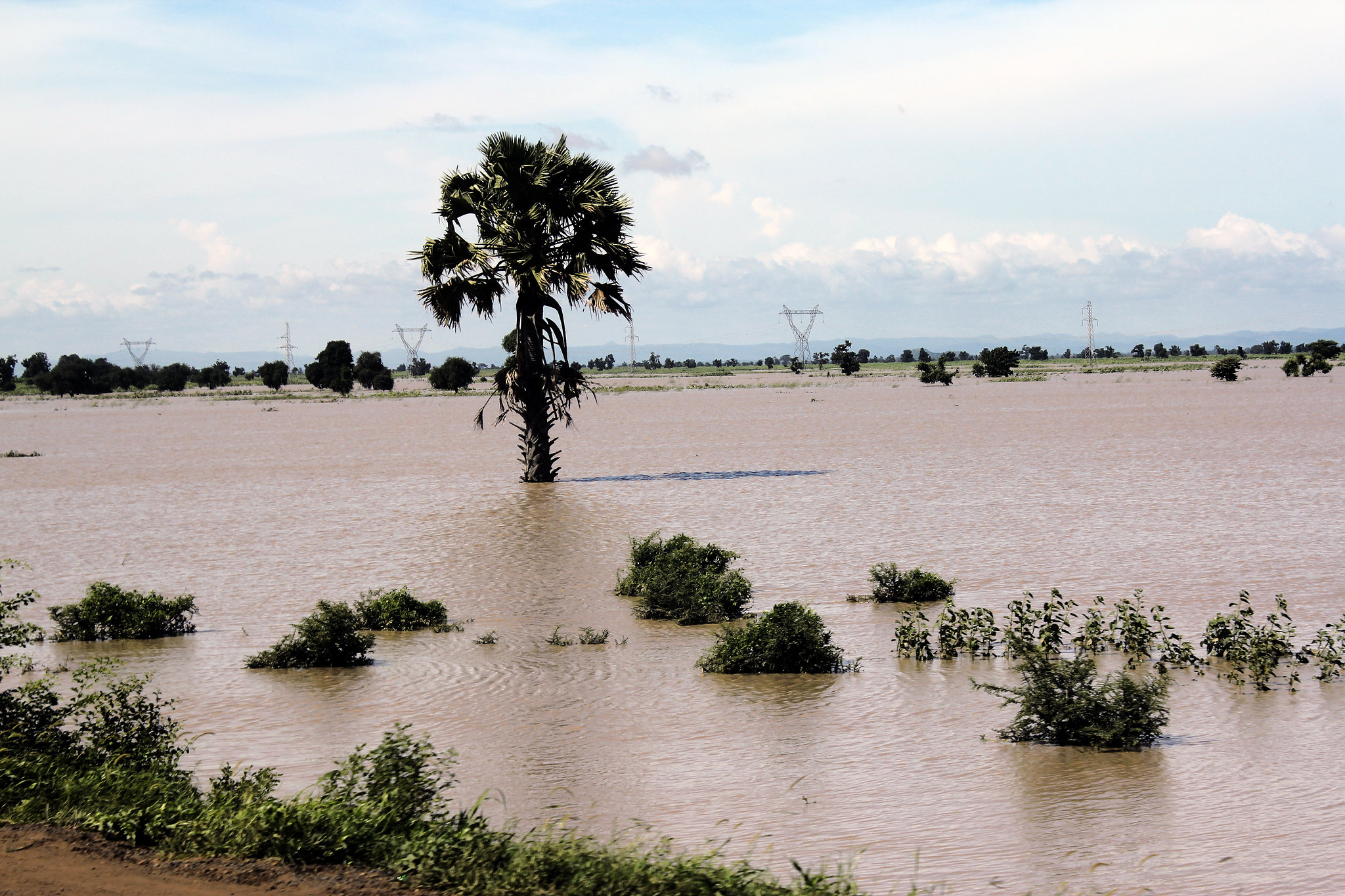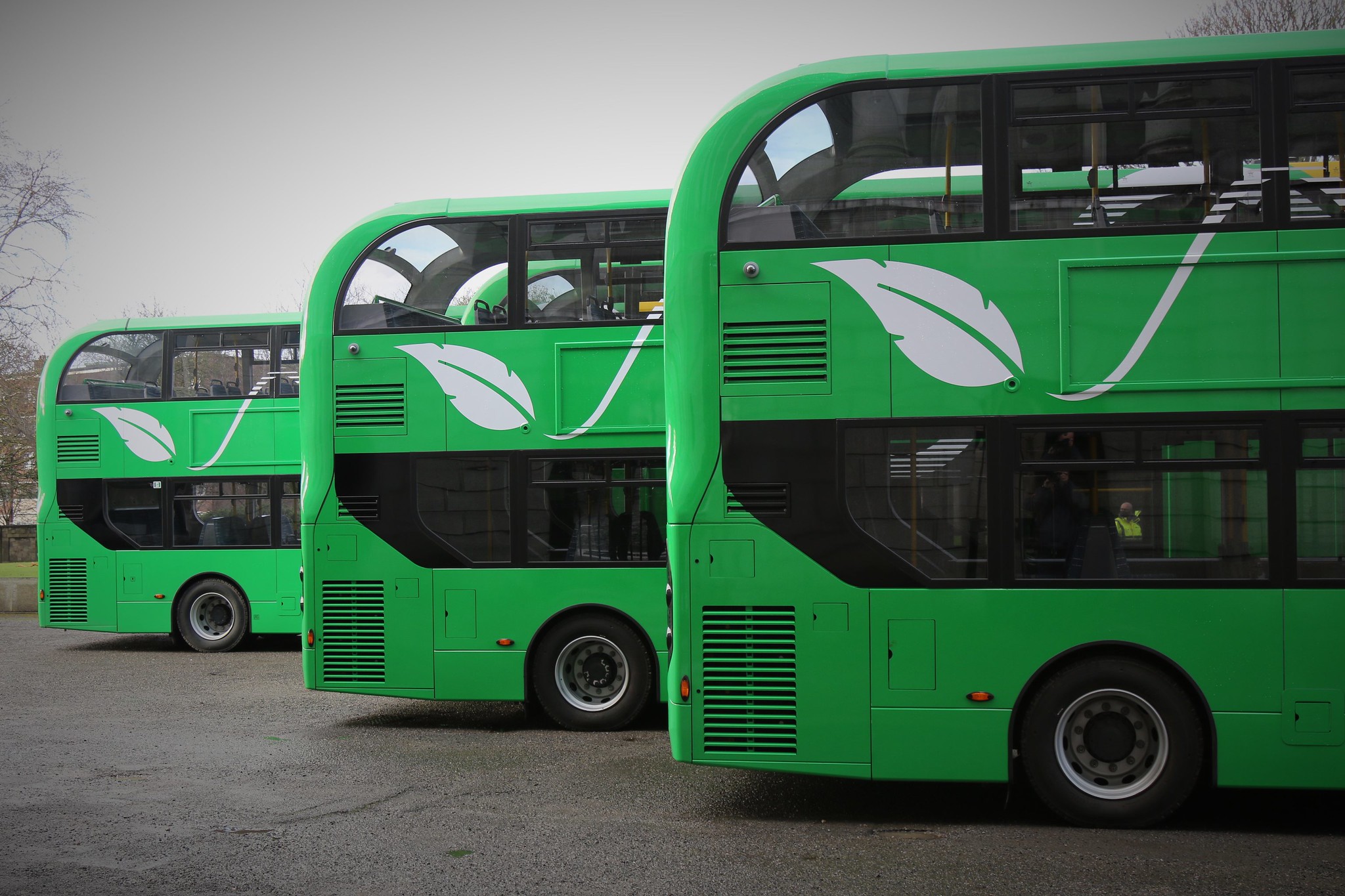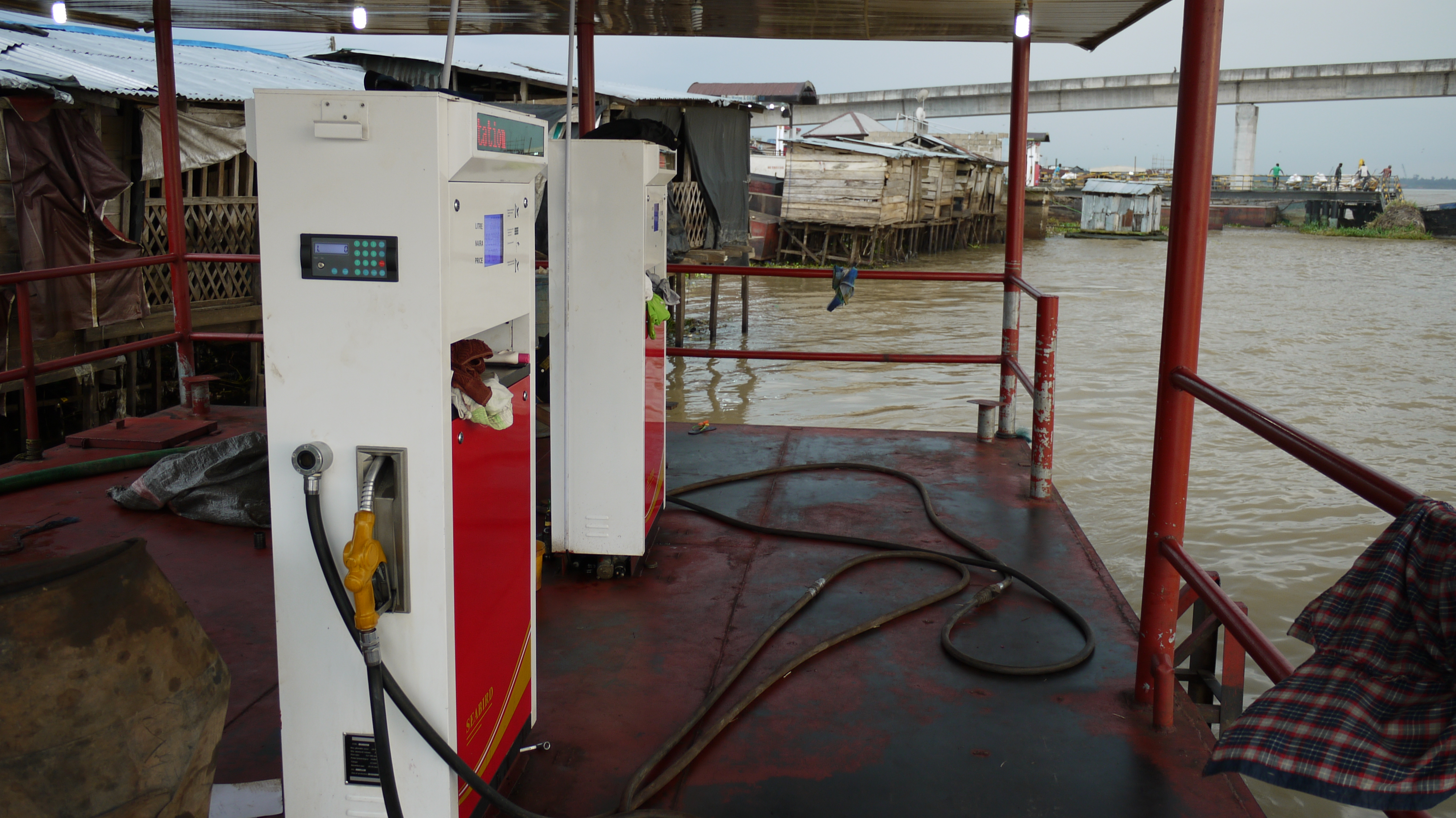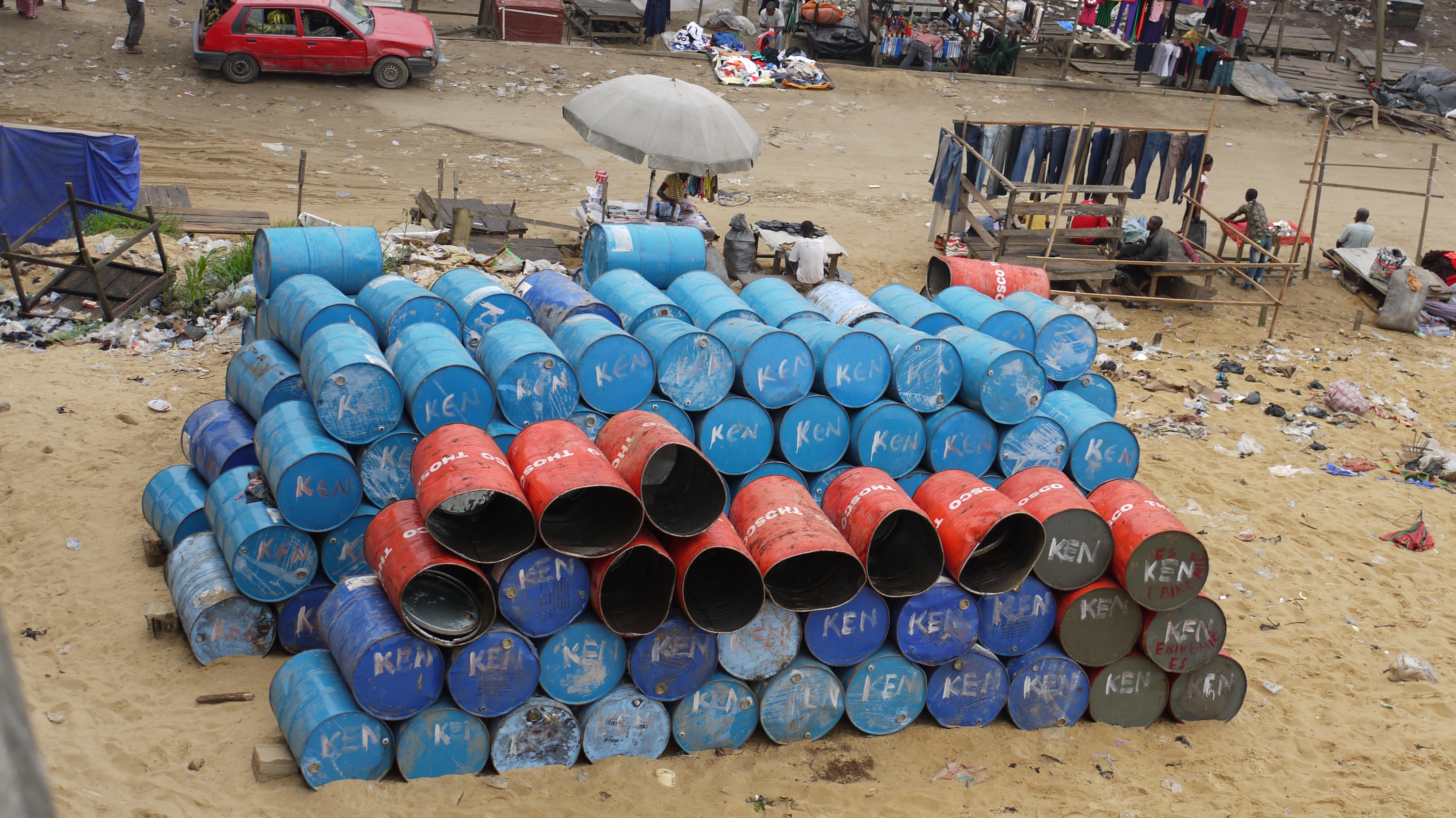Despite an abundance of fossil fuel resources, many in the Niger Delta do have access to the national grid, writes Uche Igwe. To change that, the government must embrace alternative energy sources.
Nigeria is rich in natural resources but poor in energy. The country is gripped in a paradox of plenty. Nigeria has one of the most significant energy deficits in the world according to the World Bank’s 2022 Energy Access Report. Available government statistics show that approximately 45 per cent of the population, about 92 million people, lack access to electricity from the national grid. This is particularly stark in the Niger Delta region, which produces the majority of oil and gas that fuels the country’s economy.
The abundance of resources in this region has yet to translate into access to clean and affordable energy for the people. In Delta State, more than half of the population is either entirely off-grid or significantly underserved by the national grid. According to the Foundation for Partnership Initiatives in the Niger Delta, 12 million residents of the coastal communities in the region are yet to be reached by the national grid. These remote communities rely on generators and other hazardous means, such as kerosene-fuelled bush lamps for their energy needs.
Frustration led to self-help
Forty-three per cent of the population in the Niger Delta lives below the poverty line, and the state has one of the highest unemployment rates in the country. The lingering energy poverty in the region has been identified as one of the main issues behind the theft of crude oil and the operation of illegal refineries. Left with few choices, people from the region, especially the youth, have resorted to alternative ways of earning a living and powering their communities.
Oil theft is a flourishing enterprise. The illegal refining process ignores all environmental, health and safety procedures. Consequently, some of the stolen crude spills into the environment, causing extensive damage to the ecosystem, resulting in human ill-health, food insecurity and fish mortality.
Despite a government crackdown on their operations, illegal refineries continue to thrive as a cheap source of fuel, especially in light of the recent removal of government subsidies on petroleum products for Nigerian citizens. In the last two years, authorities have closed down 6800 illegal refineries. Reports reveal that refiners give host communities small quantities of kerosene for lighting and cooking in exchange for local support. Dependable sources in the region confirm some facilities established by multinational companies depend on these locally refined products for their marine operations.
Solar Street lights across communities are a good start
There are increasingly alternatives available. Courtesy of the Niger Delta Development Commission, solar street lights have been extensively used across many communities. Feedback across the region indicates a marked improvement in the security situation and social life where the lights have been installed.
However, a lot more will be needed to have a transformative impact on the livelihood of ordinary citizens. Many community dwellers can still not adequately power small gadgets like telephones from their homes. Small businesses depend on generators to preserve their fish and do necessary construction and repairs through welding.
There is a long-term benefit in encouraging the private sector to deploy solar lighting solutions across the region to decentralise access across communities. These solar-powered solutions can provide transformative effects that diversify the economy, as more small businesses embrace them, create employment and improve livelihoods. However, there must be ways of de-risking the projects and giving comprehensive guarantees to ensure that investors recoup their monies within an agreed period. Some of these are already going on. PIND has done a lot in many communities under its Access to Energy (A2E) project. Youth Environmental Advocacy Centre established a solar off-grid electricity solution for the Umuolu community in Ndokwa East in Delta State.
The Niger Delta also has abundant gas resources. However, most of it is wasted through a process called ‘gas flaring‘. This term refers to the burning of natural gas that is released during the extraction of crude oil. Last year, it was reported that about £3 billion pounds worth of gas was flared in four years. The government has confirmed its intention to use gas as a transition fuel in its energy transition plan. It is seeking to expand its domestic gas network and boost gas-based industrialisation to eliminate gas flaring while enhancing off-grid power solutions. These pronouncements are yet to yield substantial results.
Partnering with the private sector will scale up results
Closing the access gap and reversing the energy poverty in the delta is possible. These success stories can be scaled up through proper regulation and private-sector partnerships. Nigeria’s Rural Electrification Agency offers concessional performance-based grants to subsidise solar mini-grid developers and operators and expand access to unserved and underserved areas. Qualified entities within the region including cooperatives can compete and access these funds. More modular refineries should be established across the region to curb oil theft, create more jobs and boost fuel supply. The international oil companies operating in the region have a role to play in this. It is in their interest not to leave the situation as it is while they try to exit through divestment. However, a coordination mechanism from necessary authorities will provide the necessary push.
Photo credit: SP used with permission C BY-NC-ND 2.0





